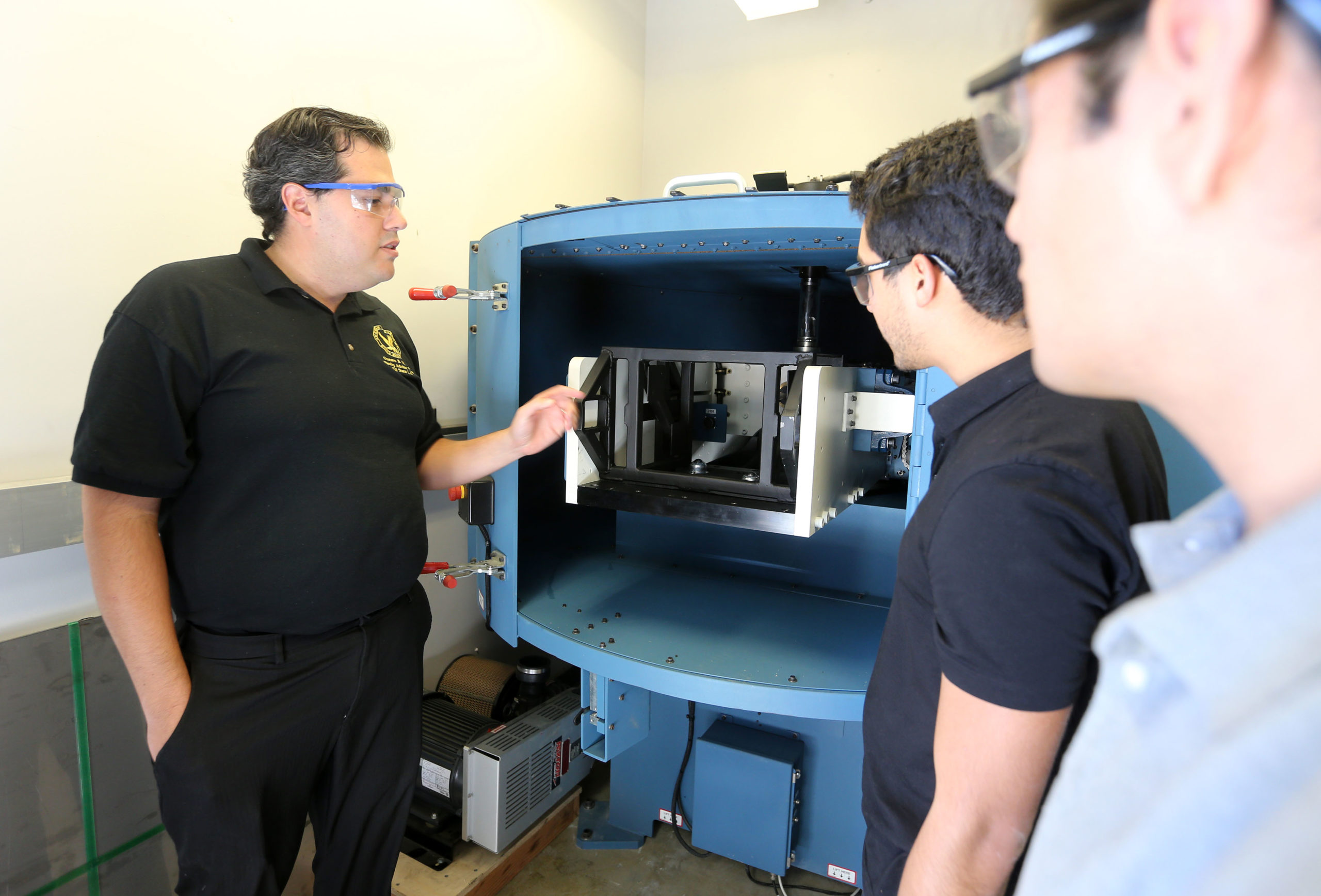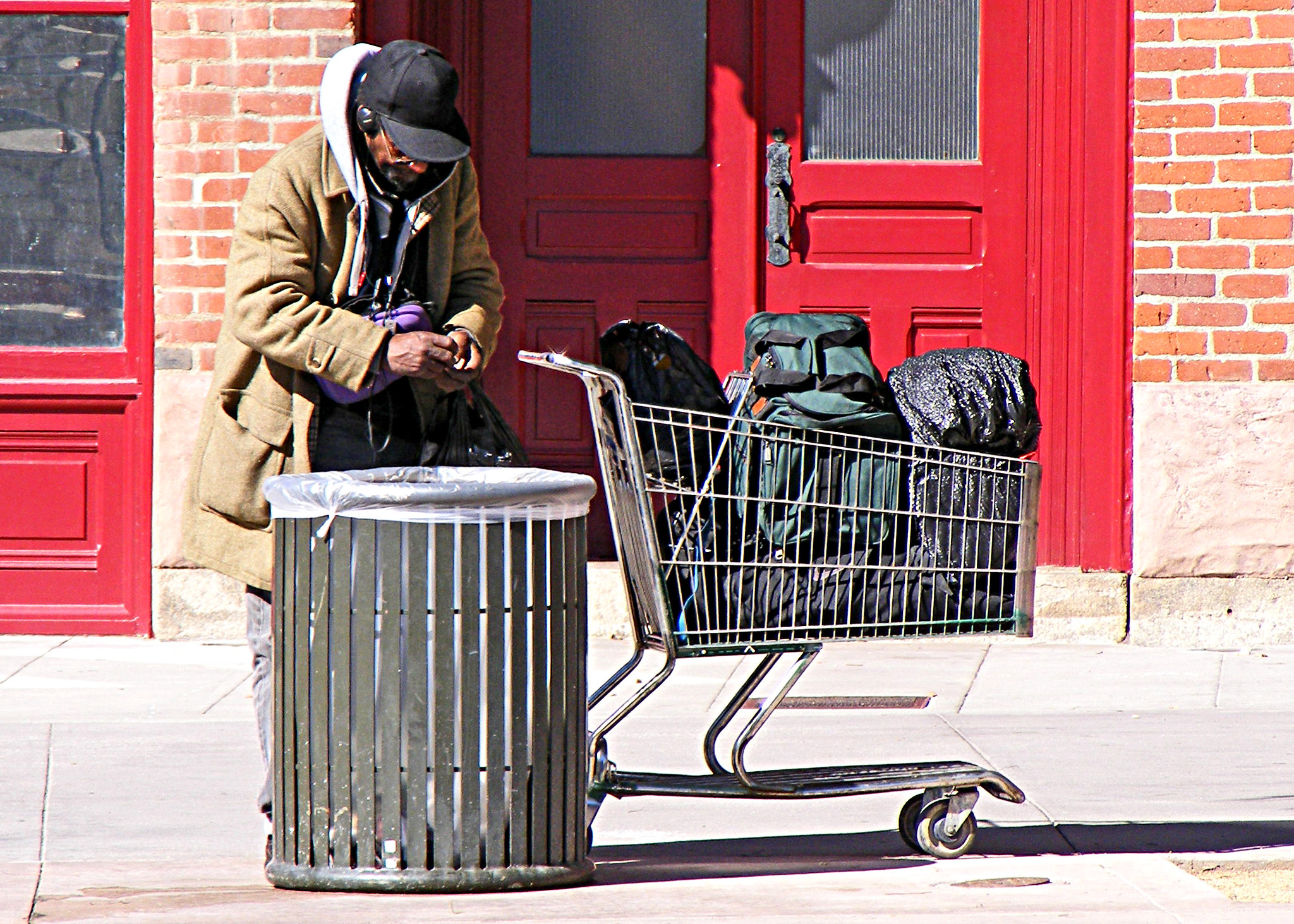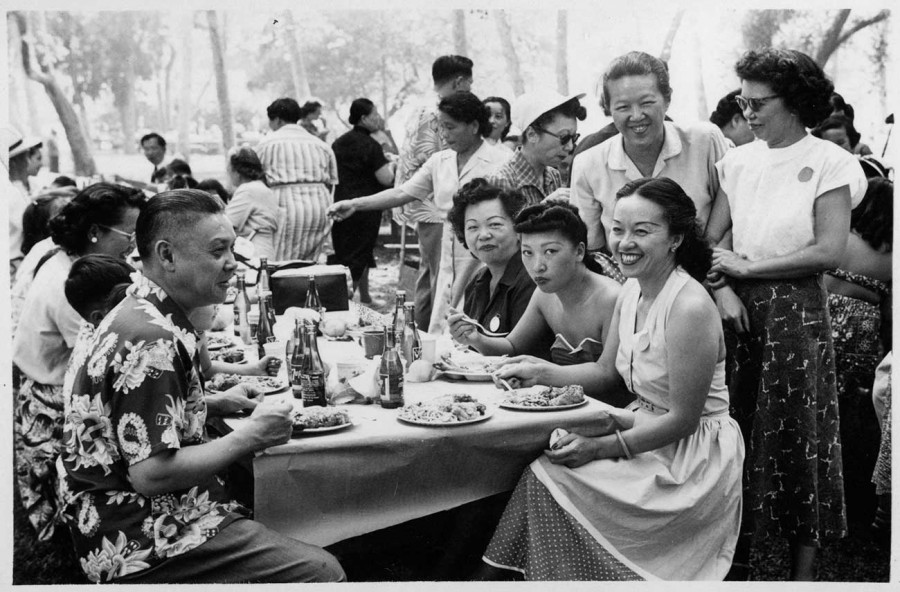Cal State LA receives $2 million grant from the National Science Foundation to improve undergraduate STEM education
Cal State LA has been awarded a $2 million grant by the National Science Foundation (NSF) to improve undergraduate education in science, technology, engineering and mathematics (STEM) fields through a new model of teaching and learning.
The four-year grant will enable the university’s College of Engineering, Computer Science, and Technology (ECST) to create Eco-STEM, a healthy education “ecosystem” designed to facilitate learning for all students regardless of their backgrounds.
Several Cal State LA faculty members and administrators are leading the effort to create a model of education that will bring about greater equity and inclusion in STEM instruction and the workforce.
“Over the past decade, ECST has implemented a number of new pedagogical approaches, created interventions for student success, and provided training for faculty,” said Monrovia resident Gustavo Menezes, the grant’s lead principal investigator and a professor of civil engineering at Cal State LA.
However, he said that this new project has the potential “to transform the model of STEM education to one that leverages the assets of all agents, including students, faculty and staff, leading to more underrepresented minority students reaching the STEM workforce.”
The project is coordinated by Menezes along with co-principal investigators Jane Dong, associate dean of ECST; Nancy Warter-Perez, chair of the Department of Mechanical Engineering; Daniel Gálvan, the college’s director of acceleration initiatives and student engagement; and Silvia Heubach, professor of mathematics.
The project team also includes Catherine Haras, director of the Center for Effective Teaching and Learning; José Mijares, professor of mathematics; Eva Schiorring, external evaluator; and Liz Thompson, professor of industrial and manufacturing engineering at Cal Poly San Luis Obispo.
According to Emily Allen, dean of ECST, “The Eco-STEM grant is a recognition of the work being done at Cal State LA — where we don’t ask, ‘Are our incoming students college-ready?’ but rather we ask, ‘Is our college student-ready?’.”
“We recognize that individual students develop at different paces, based on their particular circumstances, goals and background,” she said. “Through the work enabled by this grant, we will develop a college structure for students, faculty and staff that enables a healthy, diverse, thriving ecosystem.”
The new model of teaching and learning under Eco-STEM aims to shift the mental model of faculty, develop the capacity of department chairs and program coordinators, and reform the teaching evaluation system to promote a culture of reflection and self-improvement.
The change of faculty members’ mental models and department cultures relating to STEM teaching and learning will be cultivated through the creation of three communities of practice: the Action Research Teaching Community of Practice (ART CoP), the Leadership Community of Practice (LCoP) and the Facilitators Community of Practice (FCoP).
Action research is aimed at strategic improvement of practice wherein the practitioner is actively engaged in the research with subjects. Guided by facilitators, ART CoP faculty fellows will develop an action research project to address an identified problem in one or more of their courses.
The LCoP, which consists of department chairs and program directors, will learn about leadership strategies and modify management plans, hiring practices and key portions of the curriculum to support the transition to a more student-centered teaching environment.
FCoP members will learn facilitation strategies and work together to apply their content knowledge expertise to develop, update and deliver the curriculum for the ART CoP team.
These interrelated STEM education ecosystem communities are intended to recognize, understand and value the cultural wealth of students, faculty and staff members.
“We expect that the project will help to create a supportive and culturally responsive learning-working environment for both students and faculty,” said Dong, one of the co-principal investigators.
In turn, she said, that will “make teaching and learning a rewarding and fulfilling experience.”







